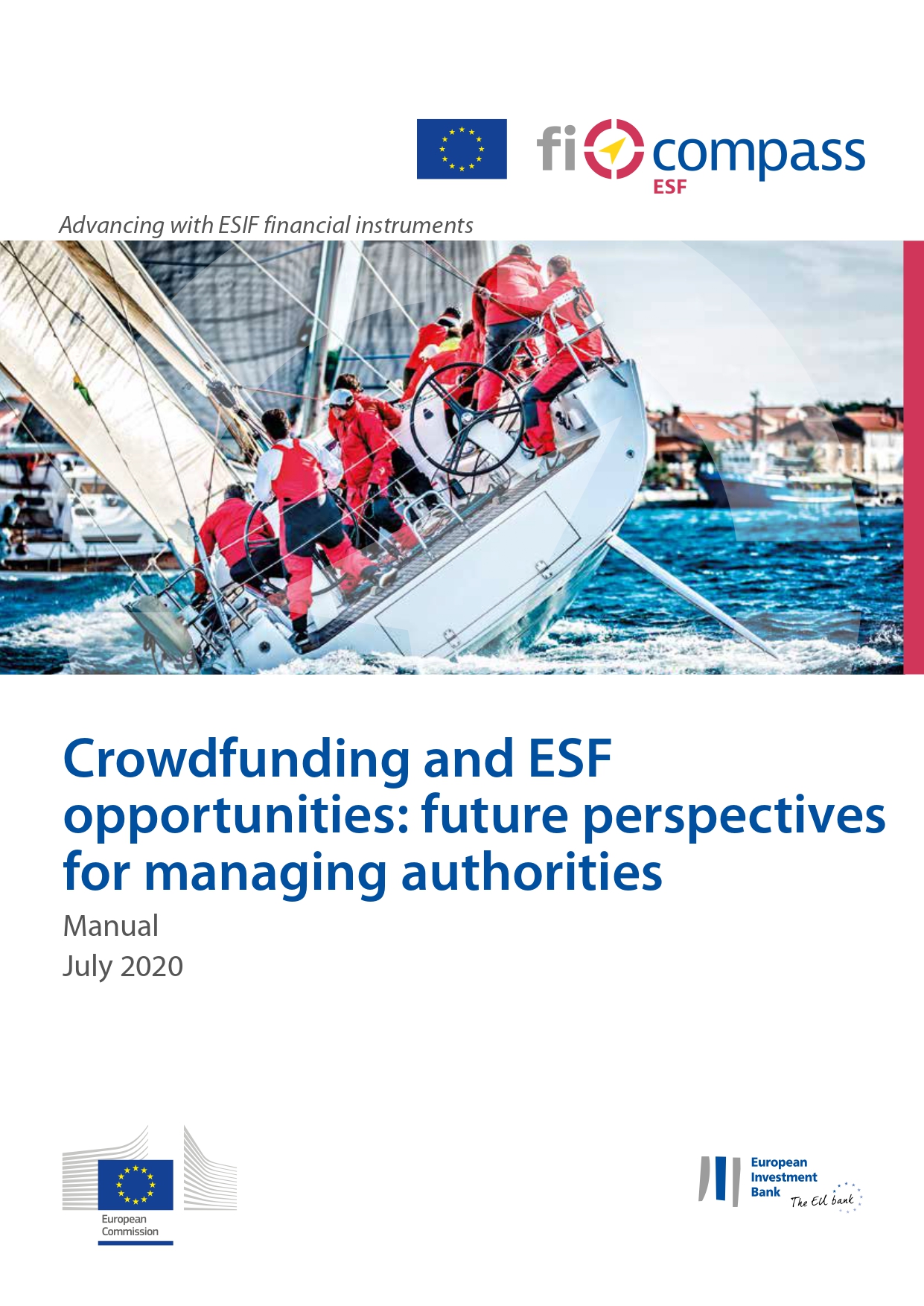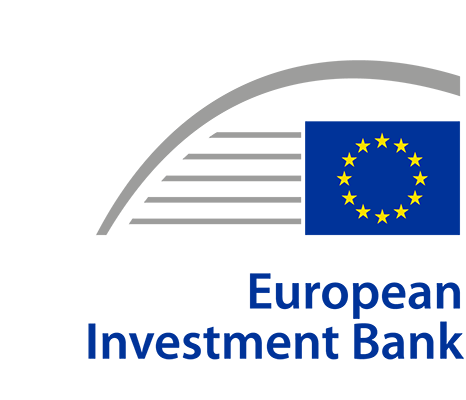The European Commission – Directorate-General for Employment, Social Affairs and Inclusion (DG EMPL) in partnership with the European Investment Bank (EIB) organised on 6 July 2020 the webinar on ‘Crowdfunding and ESF opportunities: future perspectives for managing authorities’. Key objective of the webinar was to shed light on the possibilities offered by combining crowdfunding and European Structural and Investment Funds (ESIF), with emphasis on the European Social Fund (ESF). Over 150 participants from managing authorities, financial intermediaries, EU institutions and stakeholders from crowdfunding platforms joined the webinar.
Мoderated by Bruno Robino, from EIB, the webinar was opened by Loris di Pietrantonio, from DG EMPL, highlighting the importance of creating synergies between sources of funding, such as crowdfunding and ESF, and potentially with ESF+ for the 2021-2027 programming period. ESF+ will allow further flexibilities to combine grants with financial instruments.
Partnerships and bottom-up approach through citizens’ engagement are key elements characterising crowdfunding activities. These elements are described in the recently published fi-compass manual ‘Crowdfunding and ESF opportunities: future perspectives for managing authorities’, which, as indicated by Frank Lee from the EIB, aims at encouraging managing authorities (MAs), National Promotional Banks and Institutions (NPBIs) and other stakeholders to use ESIF financial instruments in combination with crowdfunding platforms over the next programming period.
What is crowdfunding? It is the practice of funding a project or a venture by raising several small amounts of money from a large number of people, typically via the Internet. Francesca Passeri, from European Crowdfunding Network, presented how Europe’s crowdfunding market has steadily increased over the years, although there are discrepancies among Member States. Crowdfunding regulation is rather fragmented across Member States, affecting equity and lending crowdfunding operations. To respond to this gap, the European Commission has put forward a proposal including a common and harmonised set of rules on crowdfunding operations across Europe, named the European Crowdfunding Service Provider Regulation (ECSP), expected to come into force end of 2020. The regulation will add a single set of rules applied throughout the EU, to be supervised by each Member State, and it will further protect investors and allow crowdfunding to operate cross borders.
Eugenio Saba, from the EIB, explained what is in it for combining crowdfunding and ESF. By leveraging additional resources, financial instruments increase the outreach of crowdfunding platforms, catering for the financial needs of young entrepreneurs, start-uppers, and people belonging to vulnerable groups. Once the MA has identified reliable crowdfunding platforms to collaborate with, financial instruments can be instrumental in overcoming liquidity shortfalls of the crowdfunding platforms and in providing risk coverage to the investors. In addition, combining financial instruments with grants can help project promoters by increasing the quality of their projects and by decreasing the overall costs of running a crowdfunding campaign.
The webinar featured four examples of crowdfunding platforms:
- Innova Venture, a partnership between an equity crowdfunding platform and the promotional agency Lazio Innova, offers an ESIF co-investing facility, alongside private and retail risk capital investors and start-ups. Arturo Ricci and Lorenzo De Fabio from Lazio Innova, highlighted how the crowdfunding platform scheme evolved to deal with challenges, such as the time to market.
- Aviete is a Lithuanian partnership with a lending based crowdfunding platform. The Lithuanian NPI, INVEGA, used the reflows from previous ESIF funds financial instruments to invest in crowdfunding platforms, with the purpose to help the crowdfunding platforms lending capacity in favour of micro-enterprises. Inga Beiliūnienė, from INVEGA and Audrius Griskevicius, from FinBee highlighted the importance for a National legislation for the trust in crowdfunding.
- La Bolsa Social is a social equity crowdfunding platform where equity is provided to finance validated ideas aimed at generating positive measurable social impacts. Daniele Calzolari, from La Bola Social, explained how La Bolsa Social could envisage synergies with ESF, through match funding and guarantees schemes.
- #WirVsVirus is a German initiative that used a hackathon to find solutions in the context of the coronavirus crisis and, thereafter, used crowdfunding to finance the ensuing projects. Johanna Kühner, from Social Entrepreneurship Netzwerk Deutschland, highlighted also the non-financial benefits of crowdfunding, which are equally important, such as the bottom-up approach and the proof of concept for the idea.
These success stories highlighted how ESF financial instruments could play an important role to enhance impact through crowdfunding and how these two financial products are compatible and complementary.
Andrea Leruste, from DG EMPL, closed the webinar defining crowdfunding as an innovative practice in the context of ESIF. As such, the cases presented at the webinar could be regarded as a source of inspiration for MAs and NPBIs. It could be a win-win situation both for MAs and crowdfunding platforms: for the MAs it means increased leverage and additional resources from the private sector and, most importantly, better serving the final recipients; for the crowdfunding platform it could bring additional liquidity.
![]() presentation
presentation
![]() audio
audio
![]() video
video
![]() case study
case study
The audio in the video files is in original language of the speakers. The English interpretation is available as audio files.


